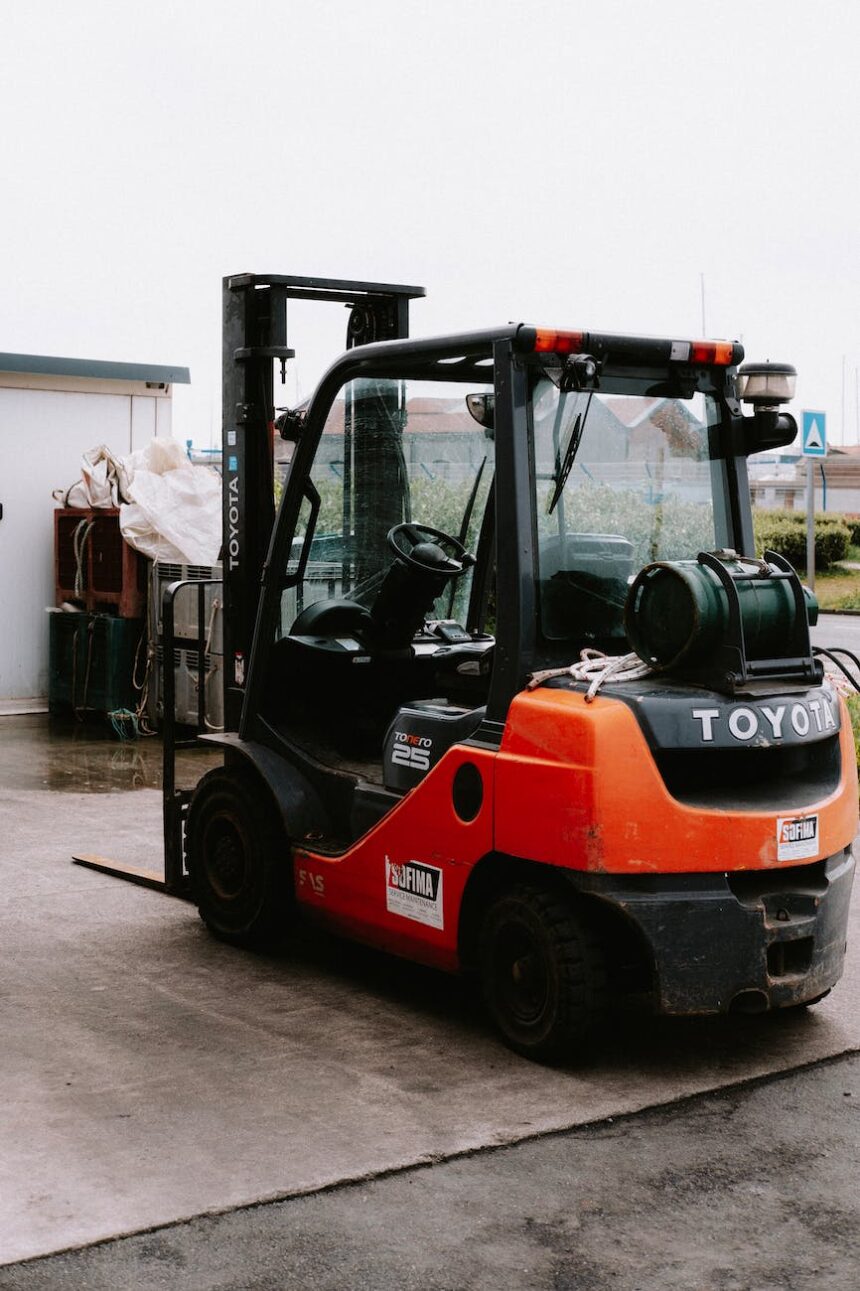Introduction:
Forklifts play a vital role in material handling, and their efficiency often depends on the type of internal combustion (I.C.) engine they utilize. In this article, we will explore three types of I.C. engines commonly used in forklift trucks—Diesel engines, Liquefied Petroleum Gas (LPG) engines, and Petrol engines.
- Diesel Engines:
- Usage: Common in counterbalanced forklifts, rough terrain trucks, and sideloaders.
- Fuel: Diesel or ‘red’ diesel (for off-road use).
- Advantages: Powerful, capable of climbing steep gradients, and fast lift speeds. Suitable for rough terrain with pneumatic or supercushion tires.
- Considerations: Emit large amounts of sulfur; not suitable for confined spaces without proper risk assessment.
- Liquefied Petroleum Gas (LPG) Engines:
- Usage: Utilized in forklifts for cleaner burning and less visible exhaust gases.
- Fuel: LPG, burning cleaner than diesel.
- Advantages: Cleaner exhaust emissions, suitable for environments where contamination is a concern (e.g., food handling).
- Carburetor: Simple venturi design allowing air and gas mixture before ignition.
- Points to Note:
- Careful accelerator usage during starting to prevent gas supply cutoff.
- Heavy LPG cylinders, requiring caution during handling.
- Correct cylinder orientation is crucial for accurate fuel level indication.
- Petrol Engines:
- Usage: Less common in the United Kingdom due to contamination concerns.
- Fuel: Petrol, not as widely used in forklifts in the UK.
- Considerations: Prone to contamination issues, making them less favorable for material handling applications in the UK.
- Global Use: More prevalent in some parts of the USA; further information sought.
Conclusion:
Forklifts, equipped with internal combustion engines, offer various options to cater to diverse operational needs. Diesel engines provide power and versatility, while LPG engines offer cleaner emissions suitable for specific environments. Petrol engines, though less common in the UK, find applications in other regions. Understanding the characteristics and considerations of each engine type is crucial for selecting the most suitable option based on operational requirements and environmental considerations. As technology continues to advance, the forklift industry may witness further developments in internal combustion engine efficiency and environmental impact.



Leave a Reply